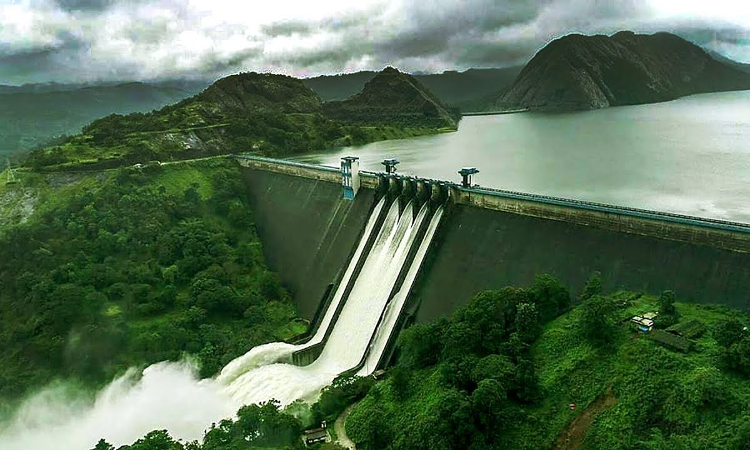Dam Safety Act Does Not Alter Existing Ownership & Water Rights Of States: Centre Tells Madras High Court
Sebin James
11 March 2022 1:47 PM IST

Next Story
11 March 2022 1:47 PM IST
In the plea challenging vires of the Dam Safety Act, the Central Government has filed a counter-affidavit before the Madras High Court, claiming that the 2021 legislation does not seek to alter the existing ownership and water rights of the states. The law is merely intended to create a mechanism for proper surveillance, inspection, operation and maintenance of Dams."The Dam Safety Act, 2021...
